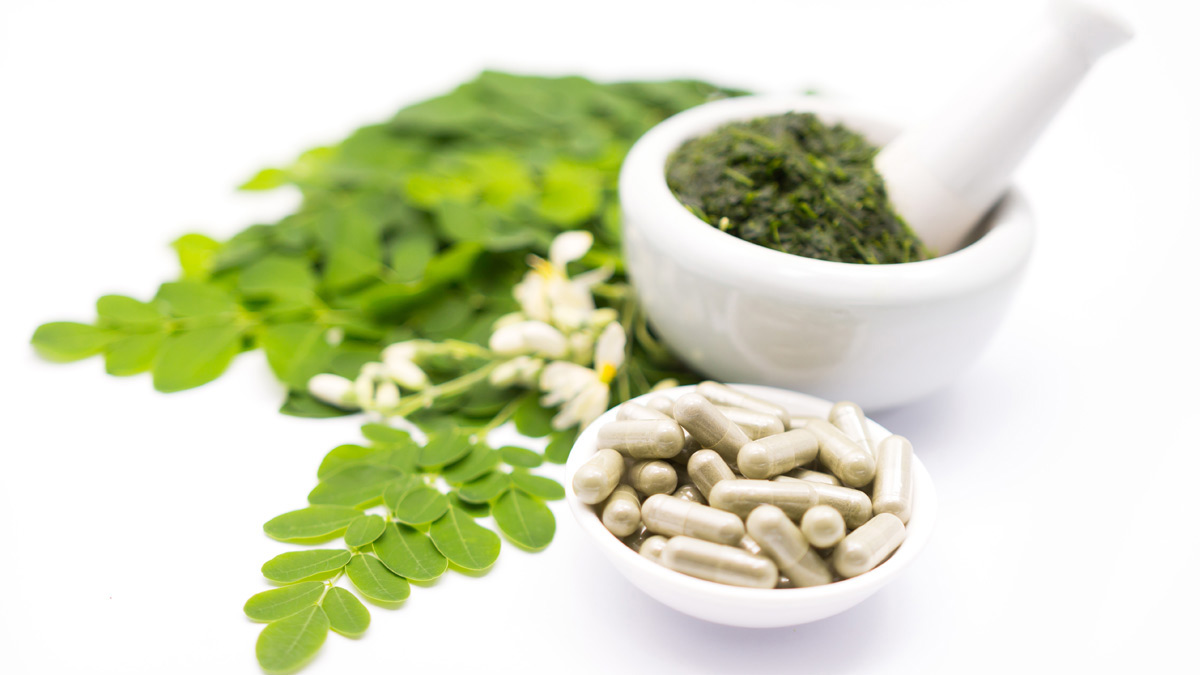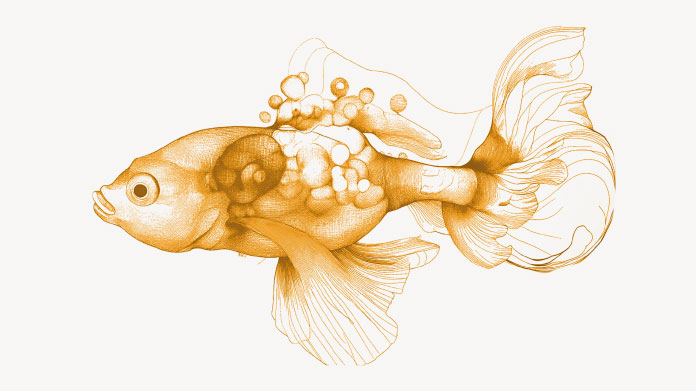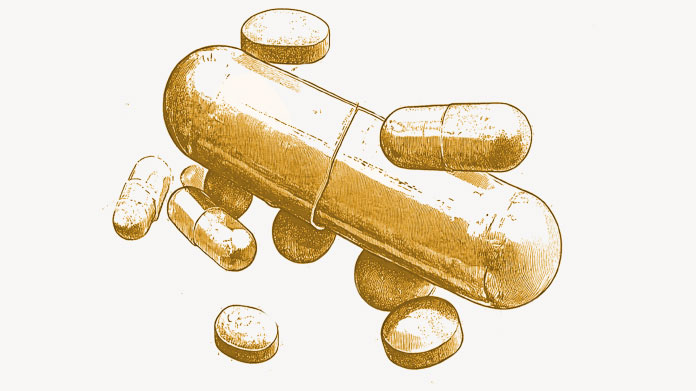Chinese medicinal plants: which ones should you take?
Encompassing a wide range of medicinal plants, the Chinese pharmacopoeia offers natural remedies against many day-to-day health problems. Here we focus on five natural remedies!

Ginseng, Chinese medicine’s universal remedy
Ginseng (Panax ginseng) is without doubt the most famous of all the Chinese medicinal plants. It is considered the natural remedy to any everyday ailment, as indicated by the etymology of its botanical genus. The word ‘Panax’ refers to ‘panacea’, the Greek goddess of healing, which today is understood to mean a ‘cure-all’. The reason ginseng is described as a panacea is because of the active principles present in the plant’s root, the many health benefits of which include invigorating, strengthening and immune-stimulant effects.
Why take ginseng? In traditional Chinese medicine, the ginseng root is especially used for combatting fatigue, boosting energy, stimulating the body’s defences and increasing physical and mental performance.
Ginkgo, the anti-ageing secret of the Chinese
In Asia, ginkgo (Ginkgo biloba) is a true symbol of longevity! And with good cause, since this tree has survived numerous disasters including atomic bombs. Today, it is believed to be one of the oldest species of tree in the world. Its incredible resistance also makes it one of the most widely-studied Chinese plants. Scientists believe ginkgo’s longevity is largely due to the composition of its leaves. They contain more than 60 natural antioxidants – compounds that are able to combat damage caused by oxidative stress.
Why take ginkgo? As a result of its antioxidant potency, ginkgo has attracted considerable interest in the field of anti-ageing medicine. In tests, it has demonstrated excellent results for protecting the body and preventing a wide range of diseases.
Schisandra chinensis, the Chinese anti-stress plant
Behind the botanical name Schisandra chinensis is a creeping plant that produces small red berries. Sometimes referred to as the ‘five-flavoured berry’, these fruits are used in Chinese medicine for their adaptogen properties; in other words, they help the body adapt to various stress factors. Alongside these characteristics, researchers attribute these five-flavoured berries with other health-protective effects, including antioxidant potency and an anti-inflammatory action.
Why take Schisandra chinensis? During periods of stress, Schisandra chinensis berries help increase coordination, endurance, concentration and cognitive performance.
Kudzu, the remedy for addiction
Kudzu (Pueraria montana) is a Chinese plant that has been growing in popularity in recent years. Long-used in China, extracts of kudzu are now popular in the West as a natural remedy for hangovers. They are also increasingly recommended for those who wish to use plants to help them stop drinking. A number of studies have also shown that kudzu is a natural aid to quitting smoking. A genuine natural remedy for addiction, this Chinese plant owes its benefits to its isoflavone content. Scientists believe these natural substances offer many effects within the body, including significant antioxidant protection, particularly in liver cells. In addition, kudzu’s isoflavones may exert a relaxing effect which helps people withdraw from drugs such as tobacco and alcohol.
Why take kudzu? Today, this Chinese plant is offered as an excellent natural aid to conquering addictions. In particular, kudzu can be used to ease withdrawal from alcohol or smoking.
1 Days
Quality products
Quality products , efficient and effective customer service. You can’t ask more
CLaudia
7 Days
Good quality product and customer service.
So far, I'm liking this product, and the customer service was very good.
ELZL
14 Days
The products I use are excel·lent
The products I use are excel·lent
ROSAS Josep Maria
22 Days
Delivery is prompt and I never saw a…
Delivery is prompt and I never saw a quality problem with the manufacturing. It is not possible to assess efficacy on a personal basis, since too many factors come into play. Efficacy can only be assessed statistically with a sufficient number of cases.
Roger De Backer
23 Days
I collaborates with the Supersmart…
I collaborates with the Supersmart more than 10 years. Every thing is going good. Quality of the things is good. Delivery comes in time. Five stars definitely !!!
Oleksiy
23 Days
All good
Simple, frictionless site, easy ordering, good delivery updates and execution.
Chris Robbins
25 Days
I feel better
I feel better
Peter Ammann
25 Days
Prompt delivery
Prompt delivery
JAKUB Radisch
27 Days
My new go-to for top quality supplements!
I am buying more and more of my supplements from this superb, high quality company. Cannot recommend it enough. Plus, excellent customer service with a quick, helpful team and speedy deliveries. Highly recommend Supersmart!
Cecilie H.
30 Days
SUPERSMART WHAT ELSE👍
SUPERSMART WHAT ELSE👍
DIEDERLE Christophe
33 Days
Excellent quality products with…
Excellent quality products with innovative formulas, as someone who has been suffering with acid reflux, these supplements have been lifesavers.
Oriana Moniz
33 Days
high quality supplement!
high quality supplement!
GALANT
34 Days
Good service prompt delivery
Good service prompt delivery
Mrs Marcella Reeves
39 Days
I like your clear explanation
I like your clear explanation. And how to make a choice of products for a specific health problem
Ingrid
45 Days
Great product and it arrives quickly.
Great product and it arrives quickly.
SOMMARIVA Gianni



